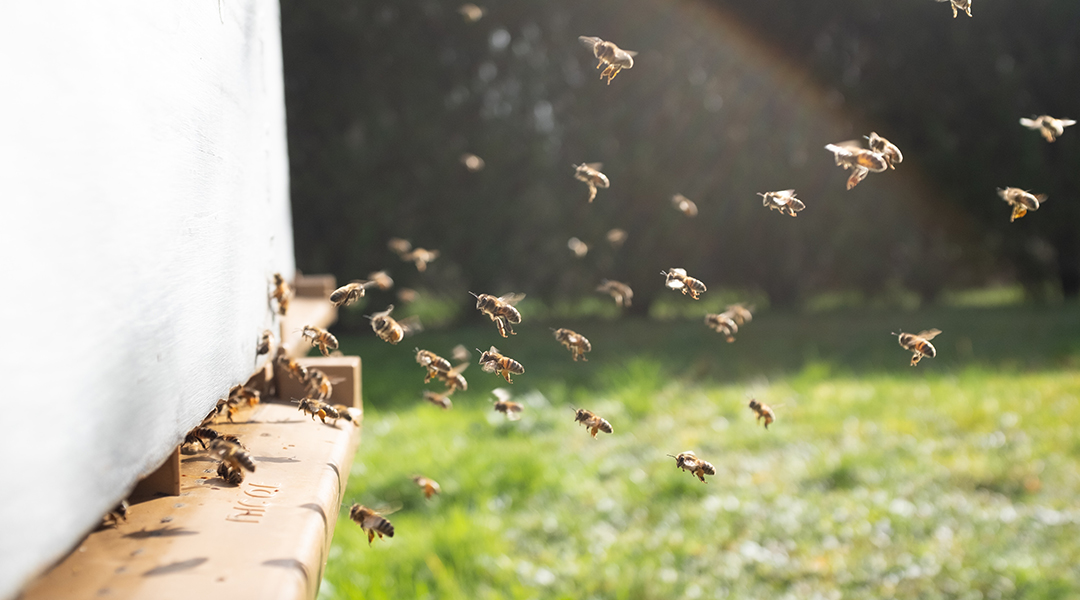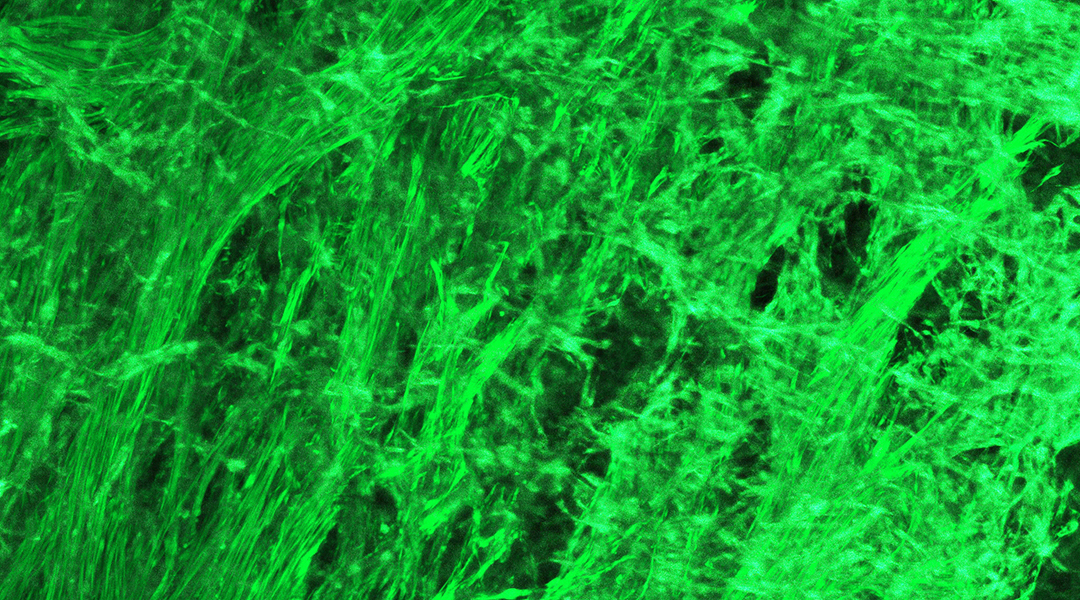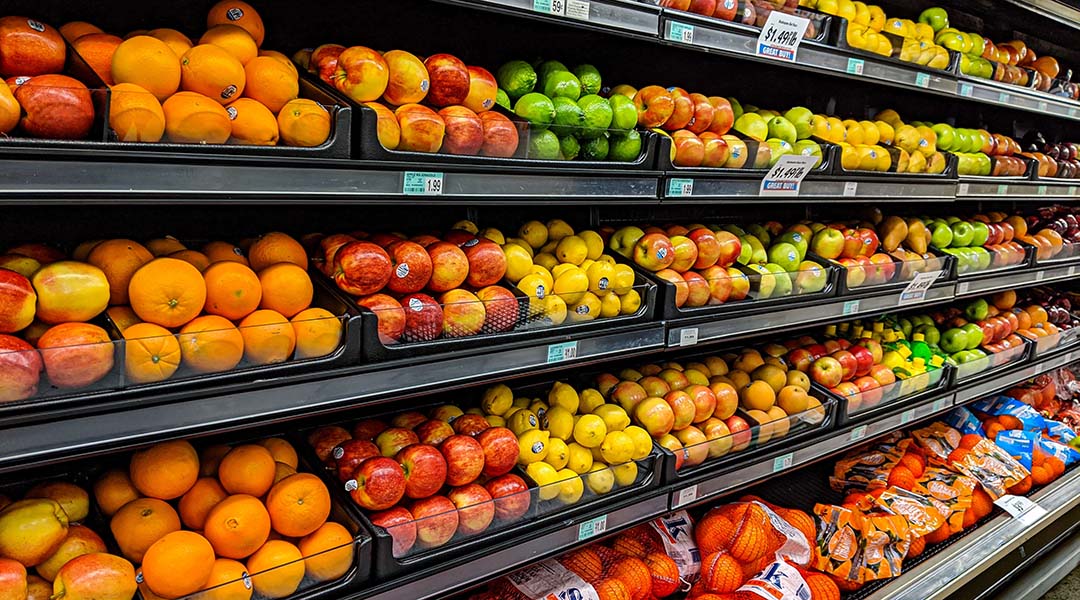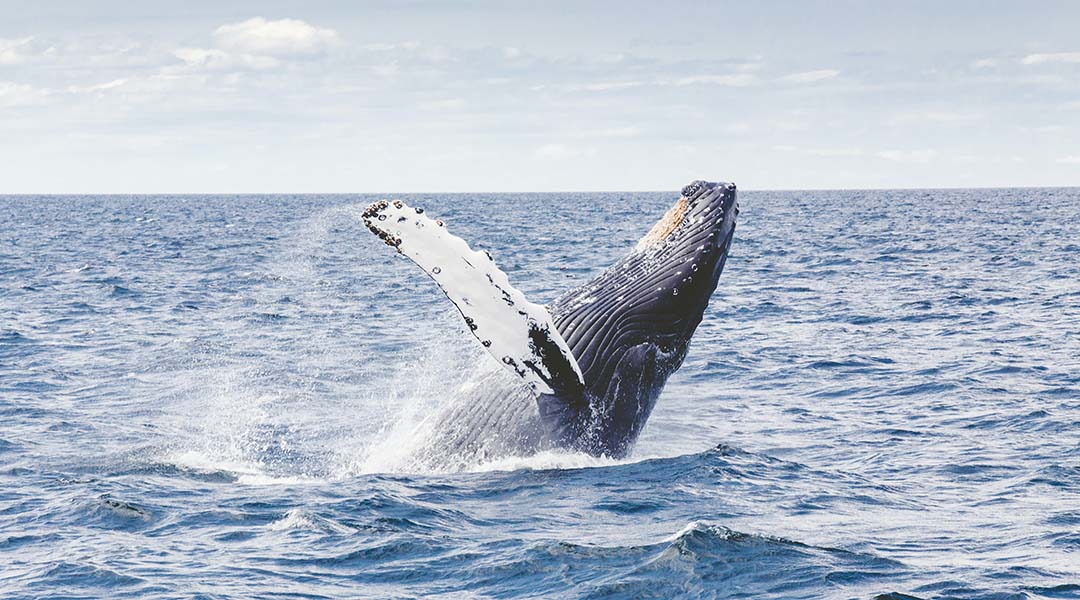A group of scientists have carried out one of the strongest tests of quantum phenomena by observing nonlocality in a network.



A group of scientists have carried out one of the strongest tests of quantum phenomena by observing nonlocality in a network.

Mechanical metamaterials are finding application in data storage with benefits such as immunity to degradation and hacker protection.

The microbes in beehive debris vary widely between cities and neighborhoods, and could hold keys to assess the human populations’ health.

For decades, it was thought that only two types of superconductors existed, but a new study has just uncovered a third.

Nine different ways of using technologies based on microbes that can make space research more circular and generally more sustainable.

A new study proposes a technique to print images on a special surface such that they can only be seen by authorized recipients.

Engineered tissue mimics the contractions of the small intestine to break down artificial materials simulating partially digested food.

A recent study ranks popular diets and finds that keto and paleo have four times the carbon footprint of vegan while also being less healthy.

As humpback whale populations increase, two decades worth of data finds they are shifting from singing to fighting as their preferred mating strategy.

People cannot reliably tell whether a text is produced by a human or a machine — but subconscious neural activity reveals the true identity.